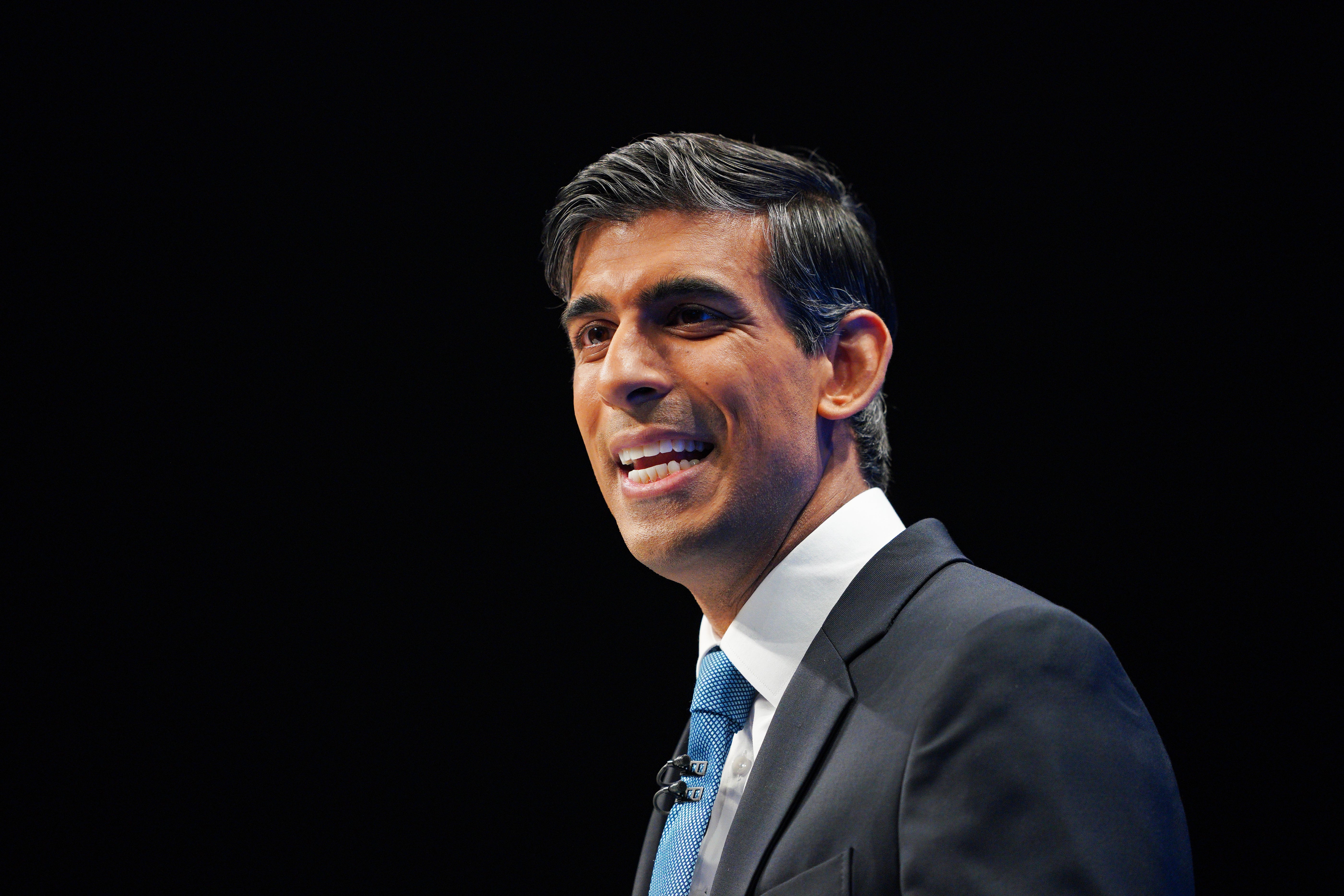SEISS grants did discriminate against new mothers – the government must do better
In a landmark ruling against the government, judges upheld our arguments of indirect discrimination for not considering maternity leave when awarding coronavirus self-employment grants


Your support helps us to tell the story
From reproductive rights to climate change to Big Tech, The Independent is on the ground when the story is developing. Whether it's investigating the financials of Elon Musk's pro-Trump PAC or producing our latest documentary, 'The A Word', which shines a light on the American women fighting for reproductive rights, we know how important it is to parse out the facts from the messaging.
At such a critical moment in US history, we need reporters on the ground. Your donation allows us to keep sending journalists to speak to both sides of the story.
The Independent is trusted by Americans across the entire political spectrum. And unlike many other quality news outlets, we choose not to lock Americans out of our reporting and analysis with paywalls. We believe quality journalism should be available to everyone, paid for by those who can afford it.
Your support makes all the difference.On Wednesday, the court of appeal ruled that the government’s implementation of the Self Employed Income Support Scheme (SEISS) was discriminatory in the way it impacted new mothers.
Nineteen months after SEISS was first announced, the three judges in the court of appeal confirmed what we had known all along – that basing the SEISS amount on an average of three years earnings with no exemptions for maternity leave discriminated against new mothers.
Having had my own child when I was self-employed, I knew instantly the impact a drop in earnings caused by maternity leave can have on things like mortgage applications, so when the chancellor announced that the amount of SEISS self-employed people could claim would be based on average earnings of the last three years, we were quick to sound the alarm. We wrote to government officials, trade unions and trade bodies representing self-employed workers, and asked MP’s to raise these issues on behalf of the 75,000 women we thought would be impacted.
Sadly, our calls fell on deaf ears. Rather worryingly, Rishi Sunak, the man in charge of the nation’s finances, no less, seemed to have forgotten how averages work. When asked by the shadow solicitor general, Ellie Reeves, about allowing periods of maternity leave to be exempt from the SEISS income calculations, he proceeded to explain that the scheme would “smooth” all those ups and downs in income, and compared maternity leave to holidays.
Now, my school was definitely less expensive than Sunak’s, but I’m pretty sure that having your maternity year used to calculate your average income over three years would leave you with less than if it was exempt.
Parental leave for self-employed people is already notoriously threadbare. Fathers are completely excluded from any paid leave, placing all of the caring burden on mothers, and maternity allowance is paid at either £27 a week or £150 a week depending on your income.
The icing on the cake is that mothers are effectively banned from doing any work in their business while claiming this benefit that will barely cover the cost of pampers. Under the SEISS calculation, self-employed mums who already have a raw deal were penalised a second time.
At our small charity, Pregnant Then Screwed, we had hoped to force a change through the lower-risk avenues of petitions, writing to MP’s and securing coverage in the press, as we had done on a number of other issues that affected new and expectant mums during the pandemic, for example, childcare bubbles and birthing partners in maternity wards.
However, the lads in the cabinet dug their heels in, and we eventually put a shout-out for legal support on Instagram, and launched judicial review proceedings against the chancellor in autumn 2020.
It’s been a long journey, with setbacks including the High Court ruling against us, which meant we had to raise more funds and take on more risk in order to pursue an appeal. But we felt we owed it to the thousands of women affected, and to draw a line in the sand that the male-centric decision-making that has characterised most of the government’s Covid-response had to stop somewhere.
While the unprecedented circumstances of the pandemic meant the appeal judges will not sanction the government and accepted that the discrimination was justified in the circumstances, they upheld our arguments of indirect discrimination, setting important legal precedents for the future.
This means that we sadly haven’t won any compensation for the women like our brave co-claimant, Kerry Chamberlain, who had her SEISS payments cut simply for daring to procreate three years earlier. But together we have forced some of the most respected judges in the land to set out why men making sweeping decisions without considering their impact on women is not OK, and we expect this to have a lasting impact on discrimination cases in the future.
Olga FitzRoy is a campaigner for Pregnant Then Screwed and the founder of Parental Pay Equality
Join our commenting forum
Join thought-provoking conversations, follow other Independent readers and see their replies
Comments